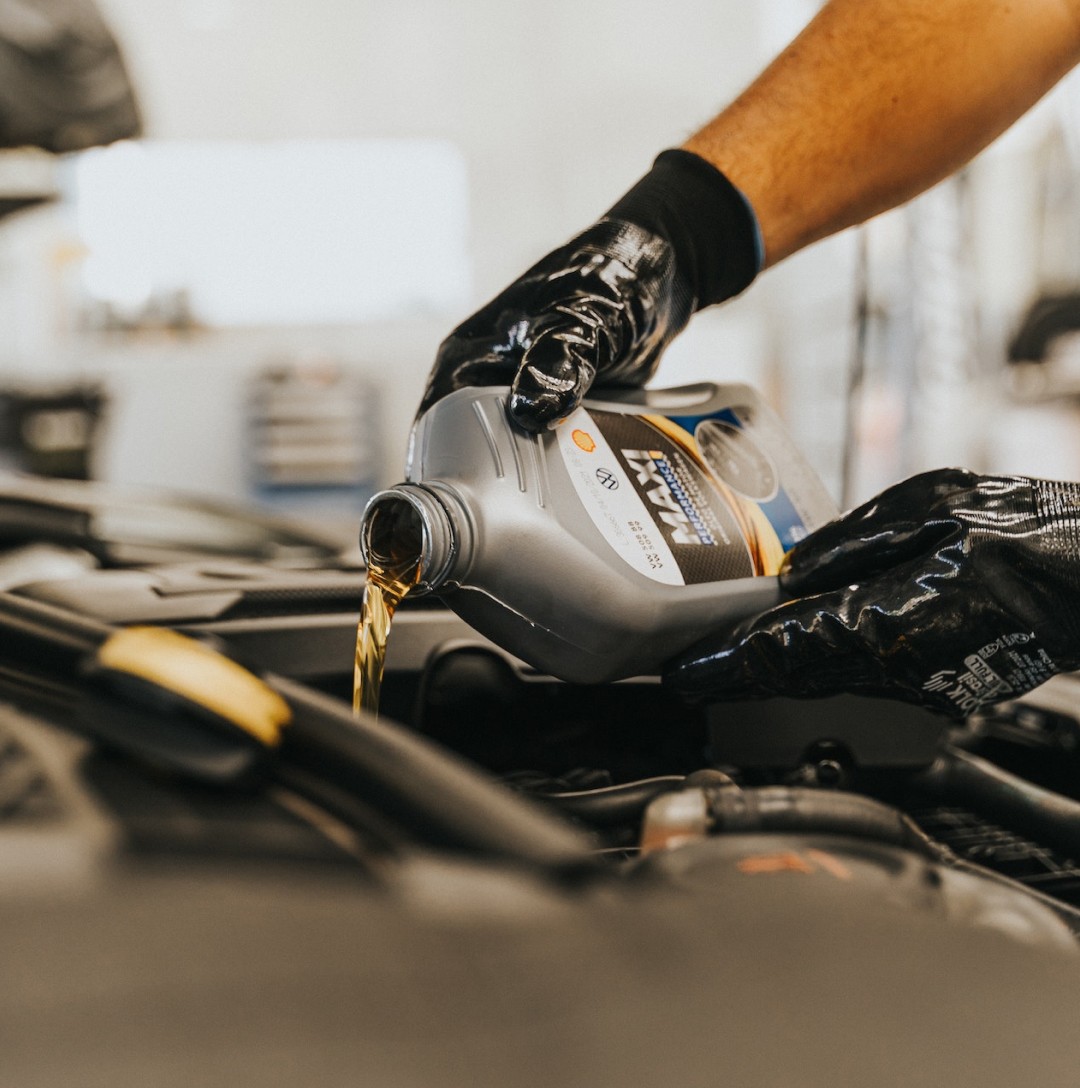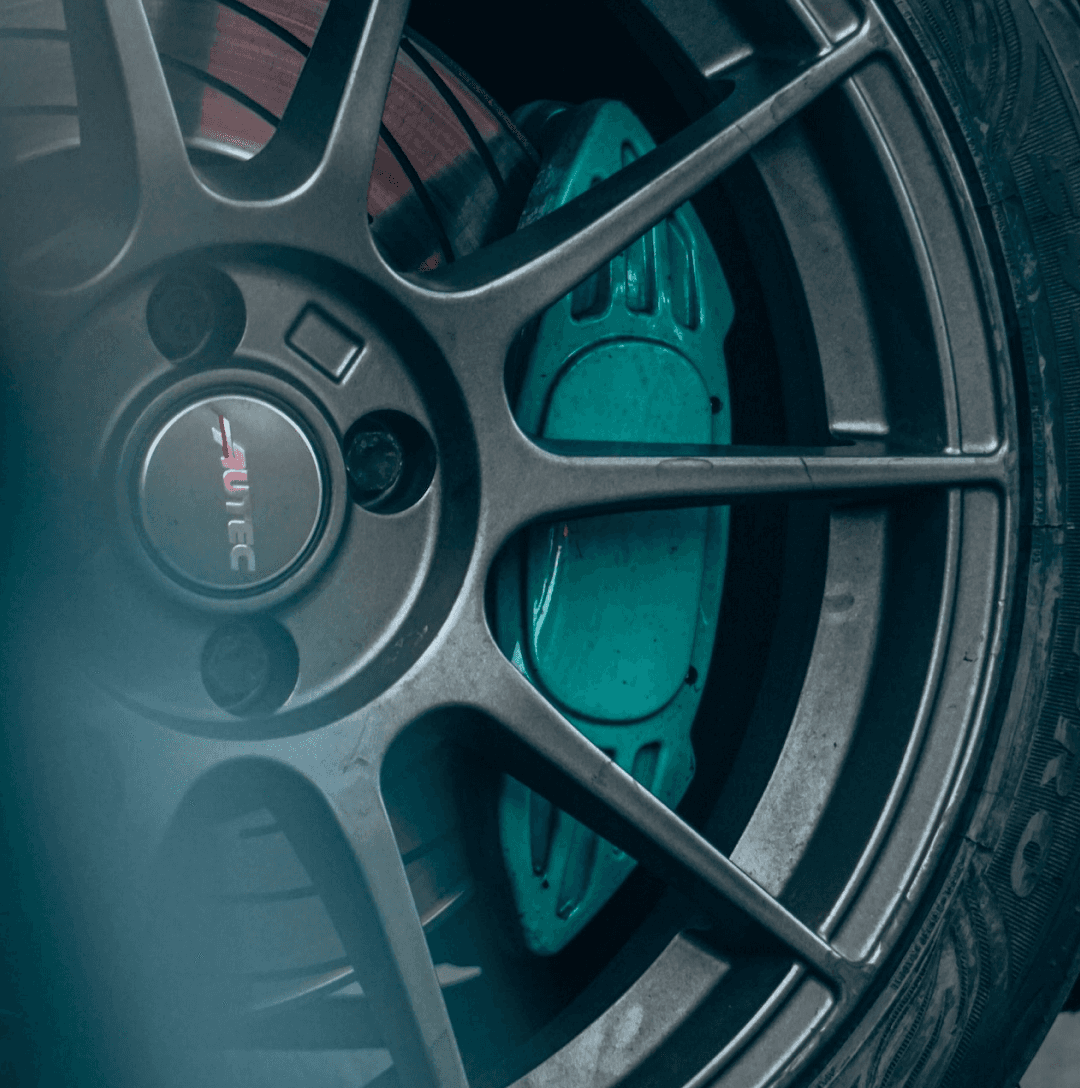German Auto Blog
Created by German-car enthusiasts, for German-car enthusiasts. We share expert tips, service insights, and ownership guidance for BMW, Mercedes-Benz, Audi, Porsche and Volkswagen across Orange County.
Feb 2, 2026
Mercedes-AMG Service & Repair in Santa Ana | BMB Rhinetrade
If you drive a Mercedes-AMG, you already know the deal: these cars don’t tolerate “close enough.” Performance engines, tight tolerances, and advanced electronics demand proper diagnostics and the right repair process—not guesswork.


Dec 28, 25
Safe Driving Tips for Nighttime Travel
Driving after dark? Nighttime travel presents unique challenges that require extra attention and care.

Jan 4, 2026
How to Change Your Engine Air Filter
Is your engine air filter due for a replacement? This simple but important task is one of the easiest ways to keep your car running efficiently.

Dec 29, 2025
Understanding Blind Spots: A Crucial Safety Check
Blind spots are a common hazard on the road. Learn what blind spots are, how to identify them, and how to stay safe.

Feb 23, 2025
New Emissions Standards: What They Mean for Drivers
Heard about the upcoming emissions regulations? Whether you drive a gas, hybrid, or electric vehicle, these changes could impact you.

Jan 8, 2026
How to Keep Your Battery in Top Shape
Worried about a dead battery leaving you stranded? Proper battery maintenance is easier than you think and helps you avoid unexpected issues.

Dec 27, 205
The Importance of Regular Oil Changes
Learn why regular oil changes are crucial for maintaining your vehicle's performance and longevity.

Dec 27, 2025
Navigating Winter Driving: Tips for Safety
As winter approaches, ensure you're prepared for safe driving in challenging conditions.

Jan 3, 2026
Brake Pad Replacement: Step-by-Step Guide
Is it time to replace your brake pads? Don't let brake maintenance intimidate you.

Jan 8, 2026
The Future of Electric Vehicles: Advancements and Trends
The automotive industry is undergoing a revolutionary transformation with the rise of electric vehicles (EVs).

Feb 2, 2026
Mercedes-AMG Service & Repair in Santa Ana | BMB Rhinetrade
If you drive a Mercedes-AMG, you already know the deal: these cars don’t tolerate “close enough.” Performance engines, tight tolerances, and advanced electronics demand proper diagnostics and the right repair process—not guesswork.

Dec 28, 25
Safe Driving Tips for Nighttime Travel
Driving after dark? Nighttime travel presents unique challenges that require extra attention and care.

Jan 4, 2026
How to Change Your Engine Air Filter
Is your engine air filter due for a replacement? This simple but important task is one of the easiest ways to keep your car running efficiently.

Dec 29, 2025
Understanding Blind Spots: A Crucial Safety Check
Blind spots are a common hazard on the road. Learn what blind spots are, how to identify them, and how to stay safe.

Feb 23, 2025
New Emissions Standards: What They Mean for Drivers
Heard about the upcoming emissions regulations? Whether you drive a gas, hybrid, or electric vehicle, these changes could impact you.

Jan 8, 2026
How to Keep Your Battery in Top Shape
Worried about a dead battery leaving you stranded? Proper battery maintenance is easier than you think and helps you avoid unexpected issues.

Dec 27, 205
The Importance of Regular Oil Changes
Learn why regular oil changes are crucial for maintaining your vehicle's performance and longevity.

Dec 27, 2025
Navigating Winter Driving: Tips for Safety
As winter approaches, ensure you're prepared for safe driving in challenging conditions.

Jan 3, 2026
Brake Pad Replacement: Step-by-Step Guide
Is it time to replace your brake pads? Don't let brake maintenance intimidate you.
